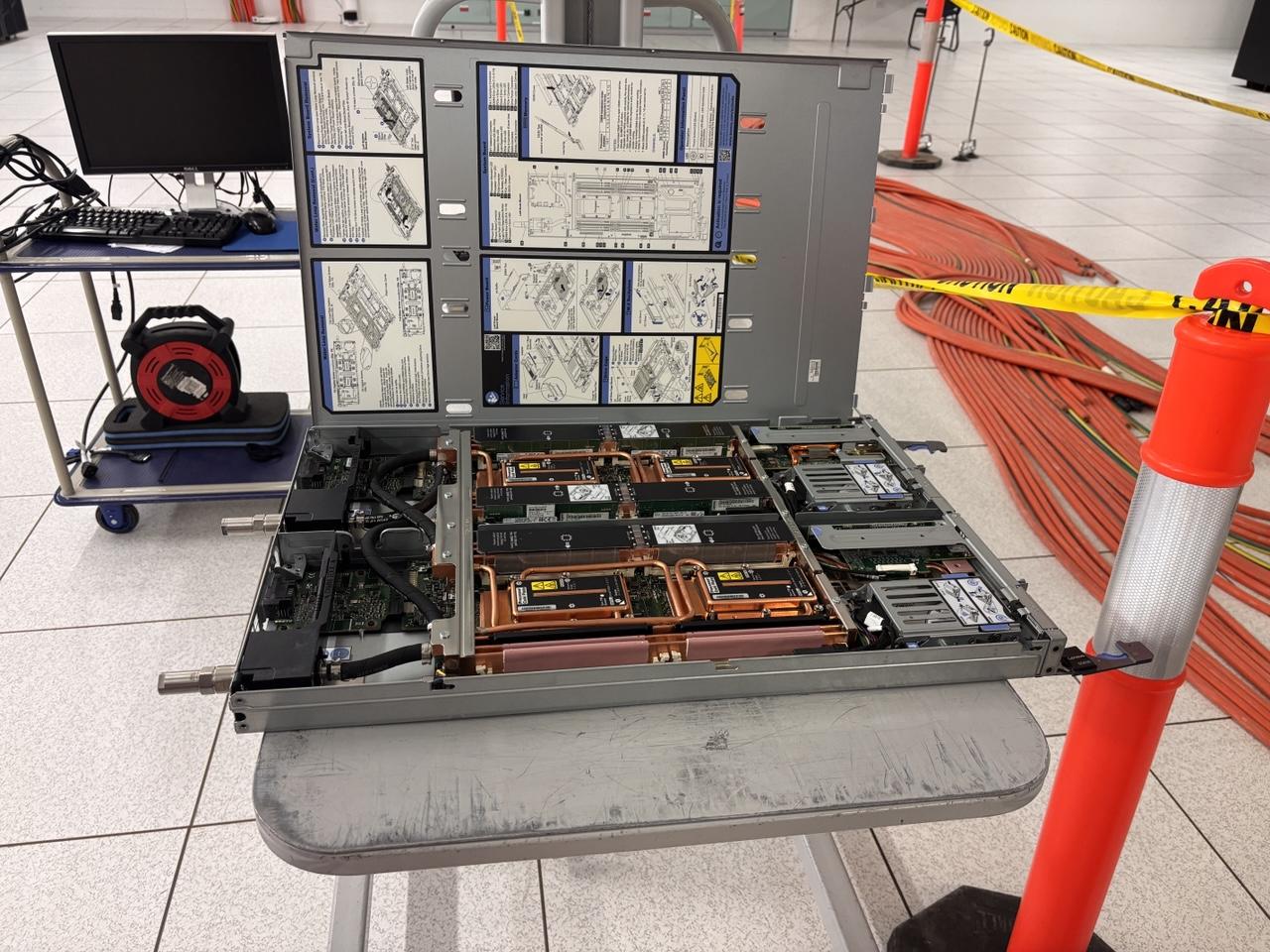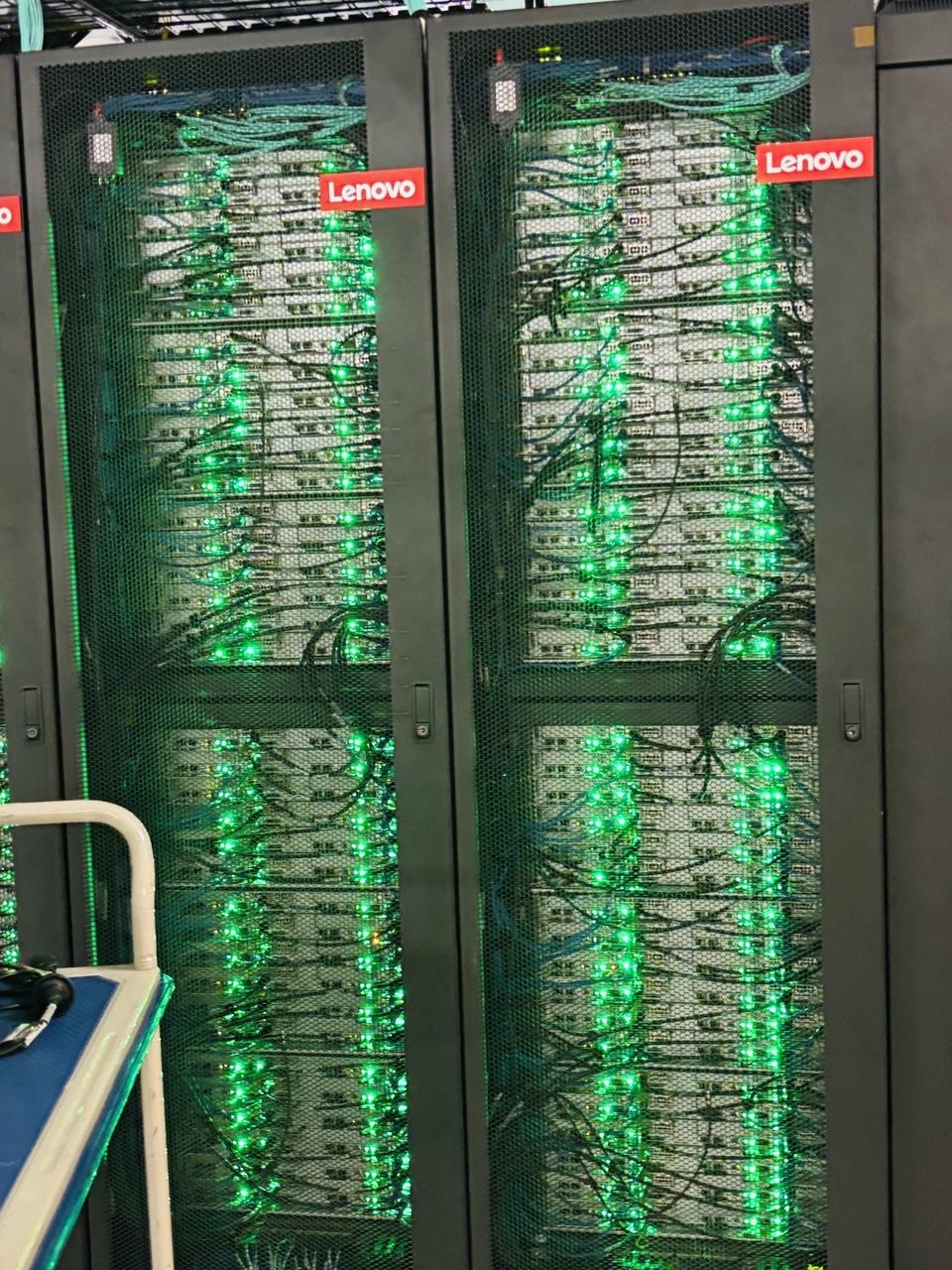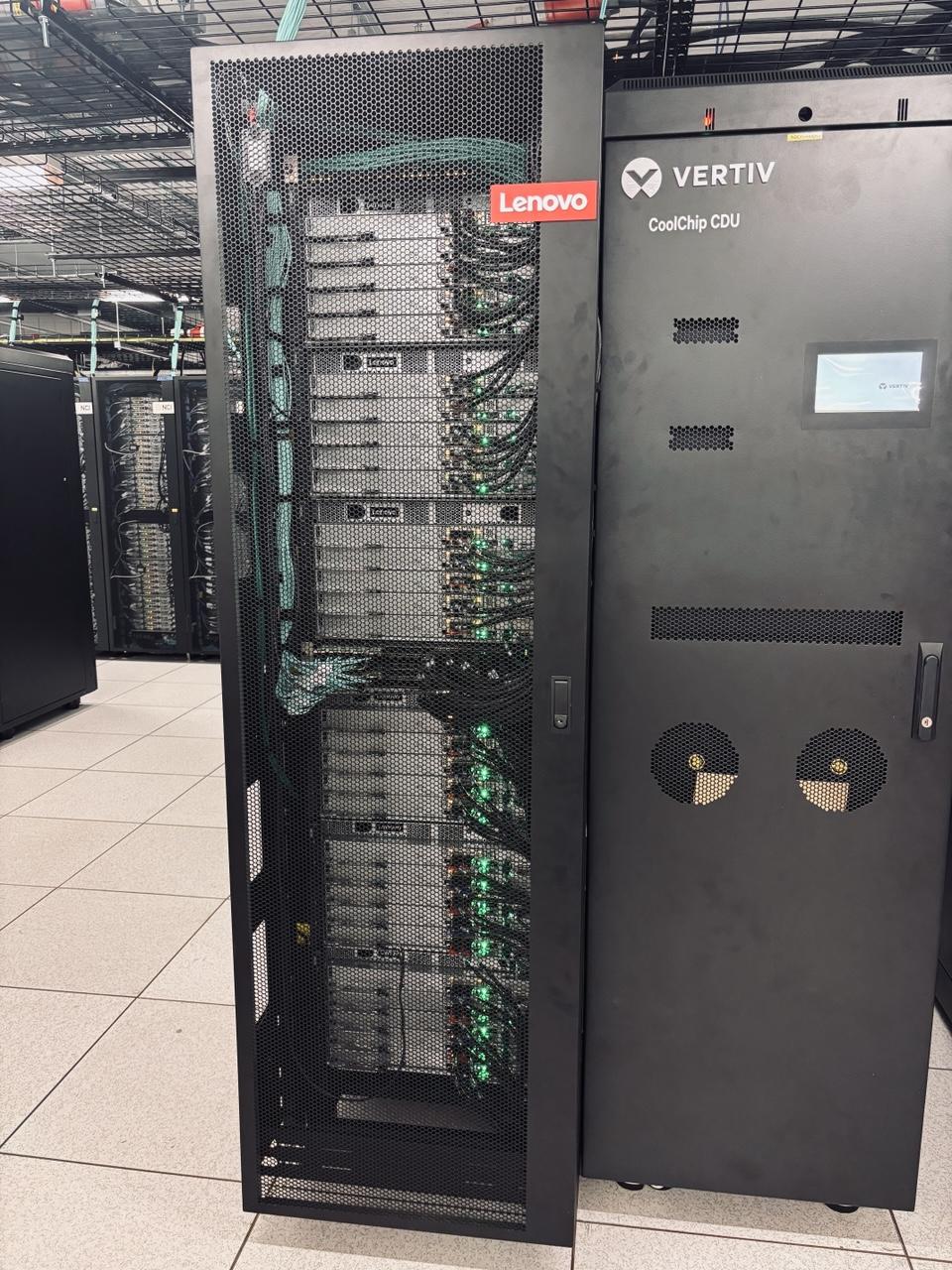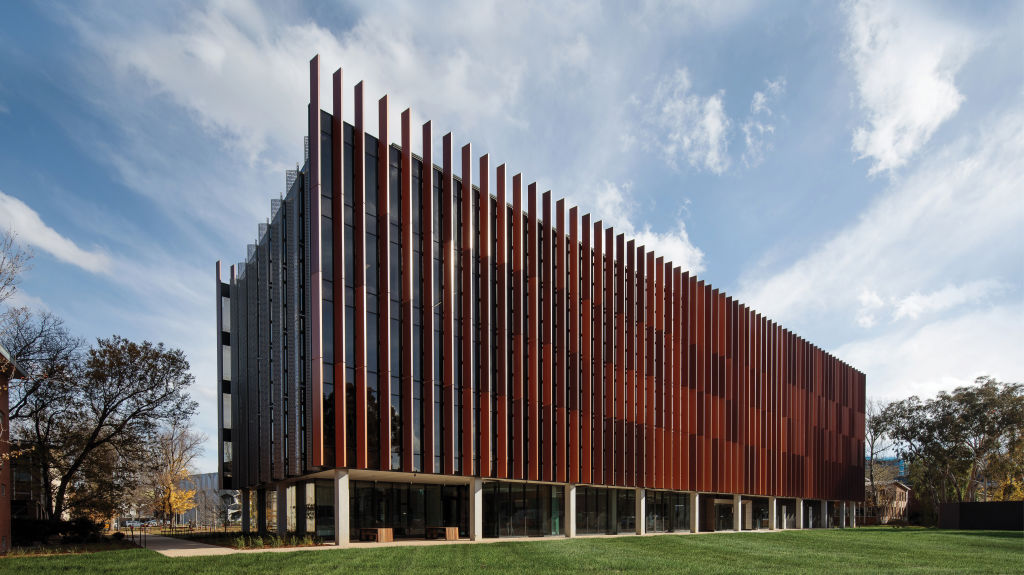Why is #JavaScript so popular? I hate everything about it.
I'm speaking at the #Canberra Field #Naturalists meeting at #ANU next month on #Malaise trapping and the #insects and other #invertebrates that surround us without our noticing them.
I expect most of my slides to be arrays of four or six #microscope images with a header (probably a family name in most cases) and captions for each image.
I don't want to lay out all these images in #LibreOffice (or any similar presentation tool) because I'm a perfectionist and getting it all tidy will take forever.
So, I decided to try out #Slidev, #Marp and other #Markdown-based presentation tools. The Markdown part is very appealing, but they all lean hard into JavaScript. That would be fine so long as I don't have to think about that side of things.
Slidev's AppleBasic theme seemed to be the best starting point, so I started hacking it to add som extra gridded image views. Plain image grids were not too challenging, but I really want captions for each image, so I started trying to understand how the templates use the forest of underlying JS libraries and CSS artefacts to produce the displayed slides.
Frankly, the whole thing is so opaque and would take me much longer to understand than preparing multiple presentations by hand would.
Then I realised I can use #montage on the command line to produce the kind of layouts I want, and I can script #exiftool to extract and prepare the captions which will save time.
So, my new plan is to write a #Python script that processes a #YAML file listing all the slides, titles and image paths. It can generate PNG images that are close to the target 1920*1080 size (give or take a little). I'll then use LibreOffice for a couple of more text-oriented or irregular slides, export those and combine all the images into a PDF.
I'm sure this will be way faster than battling Node.js. Not sure why I felt I had to write it up.









